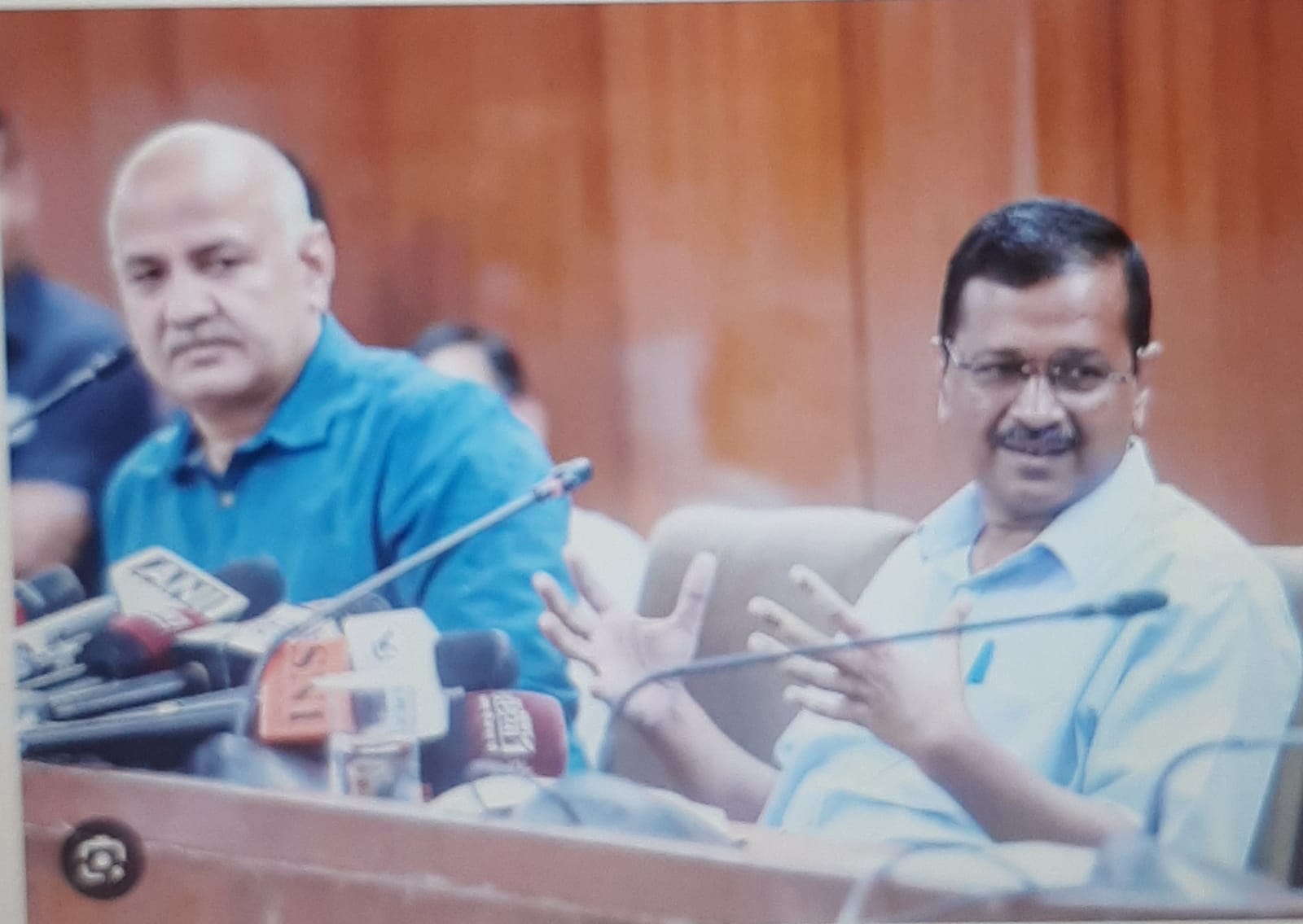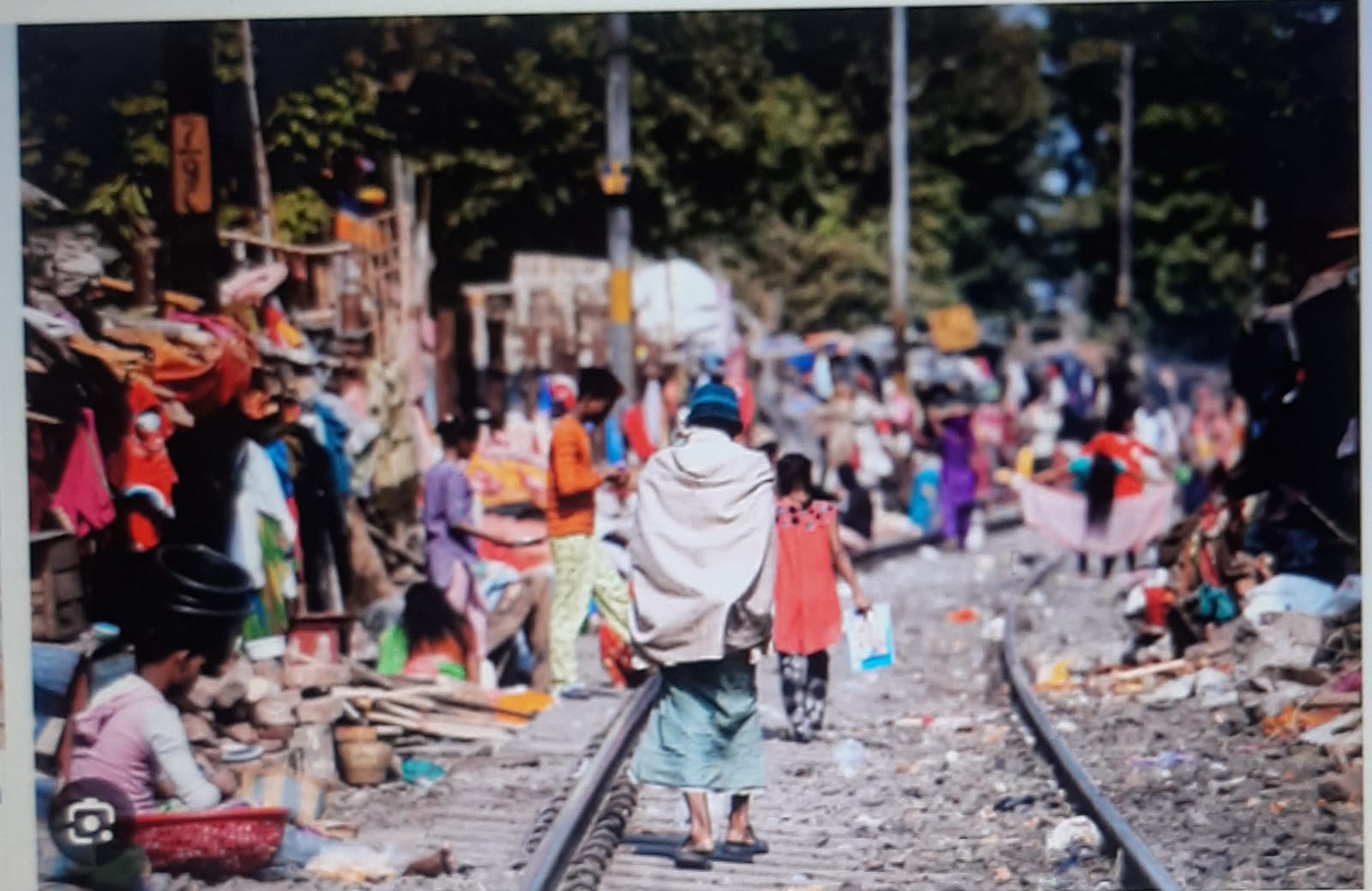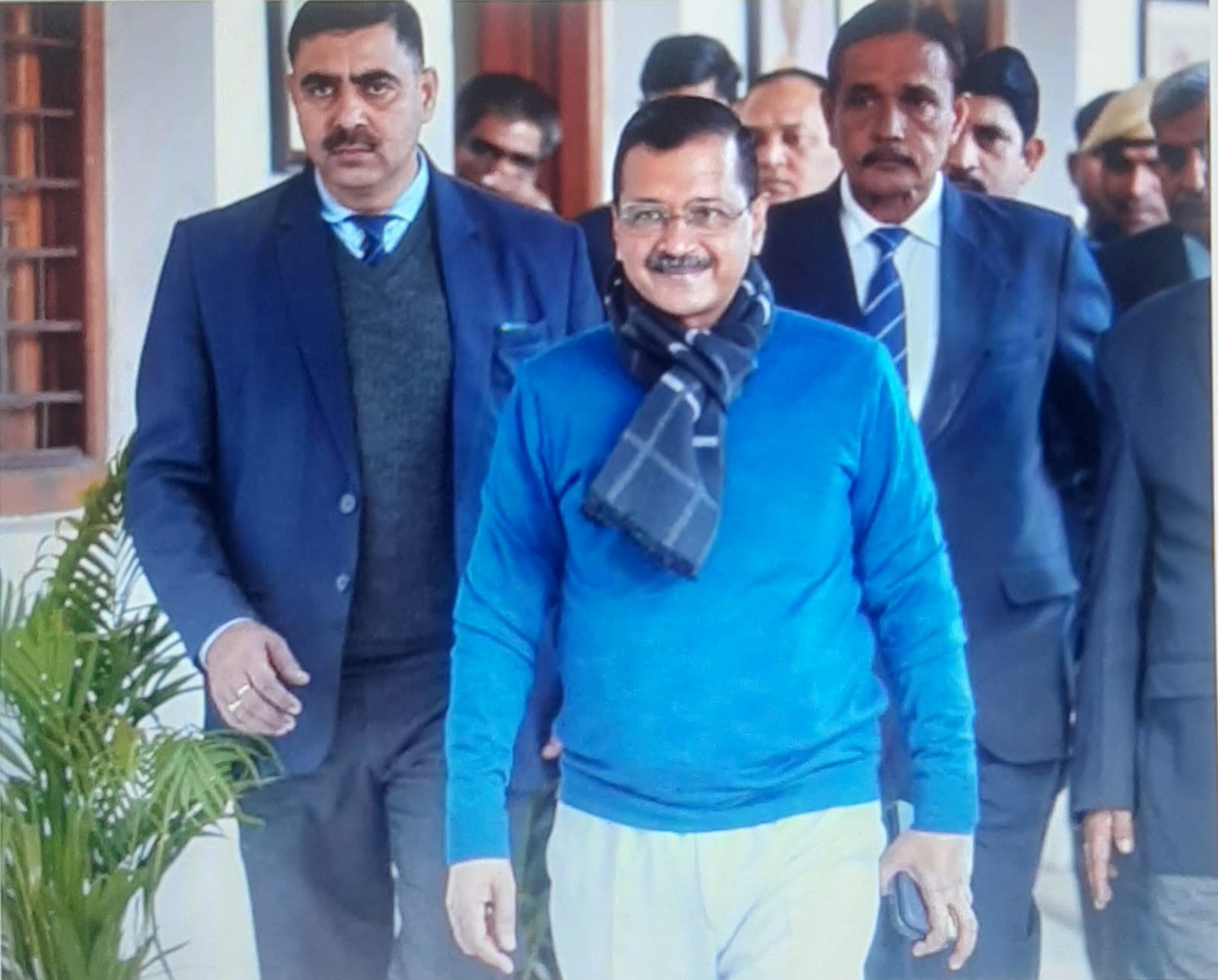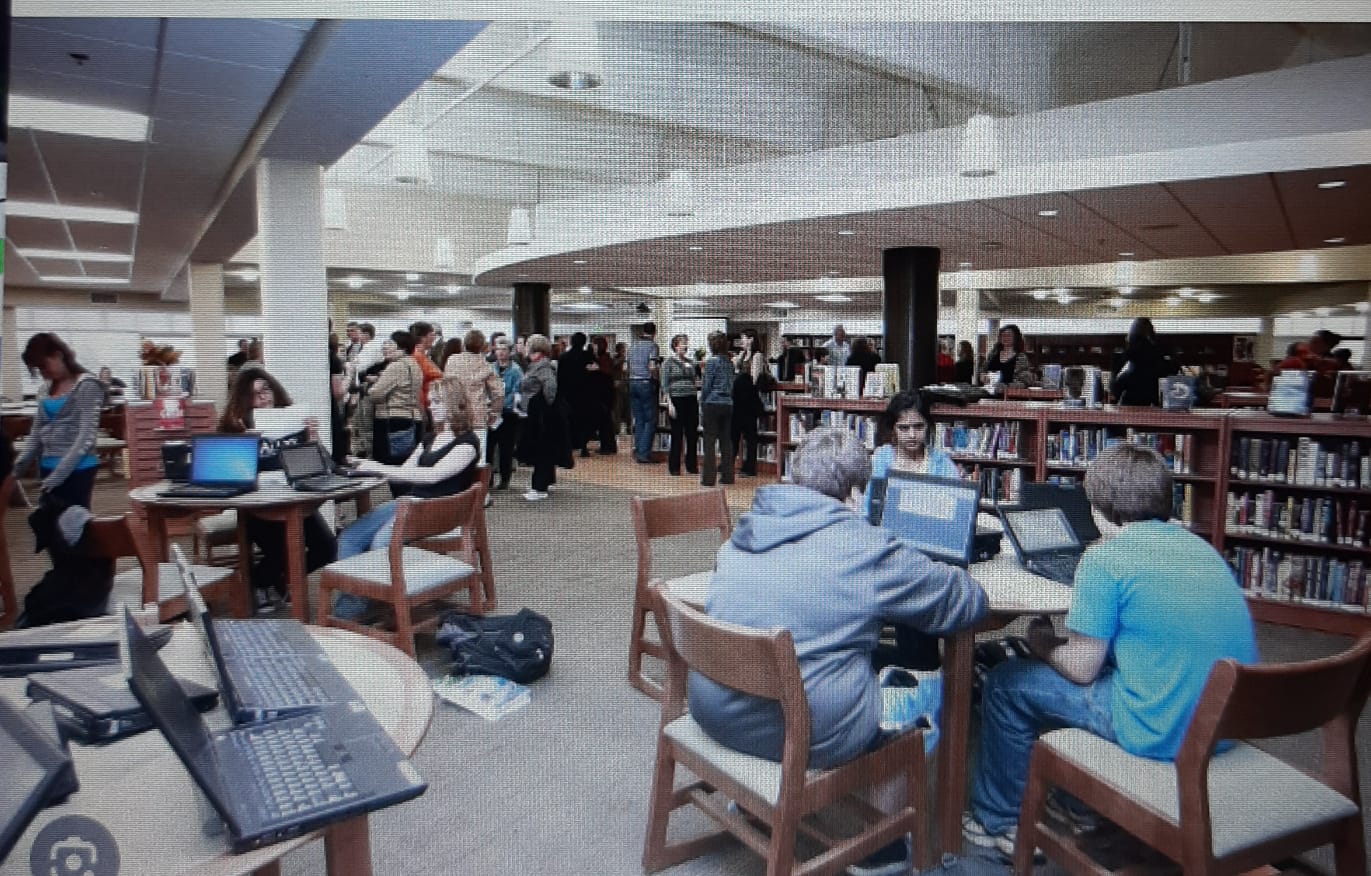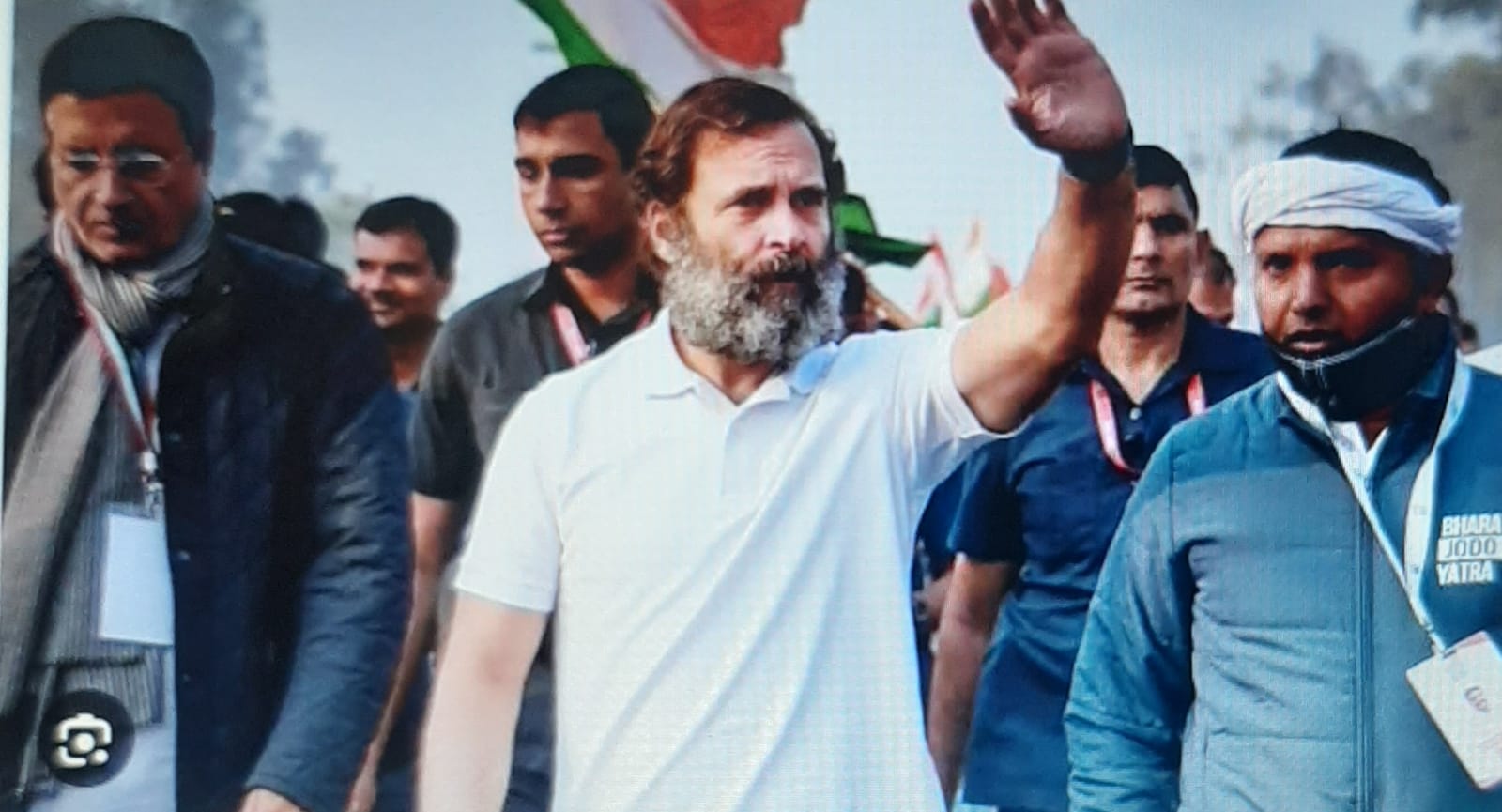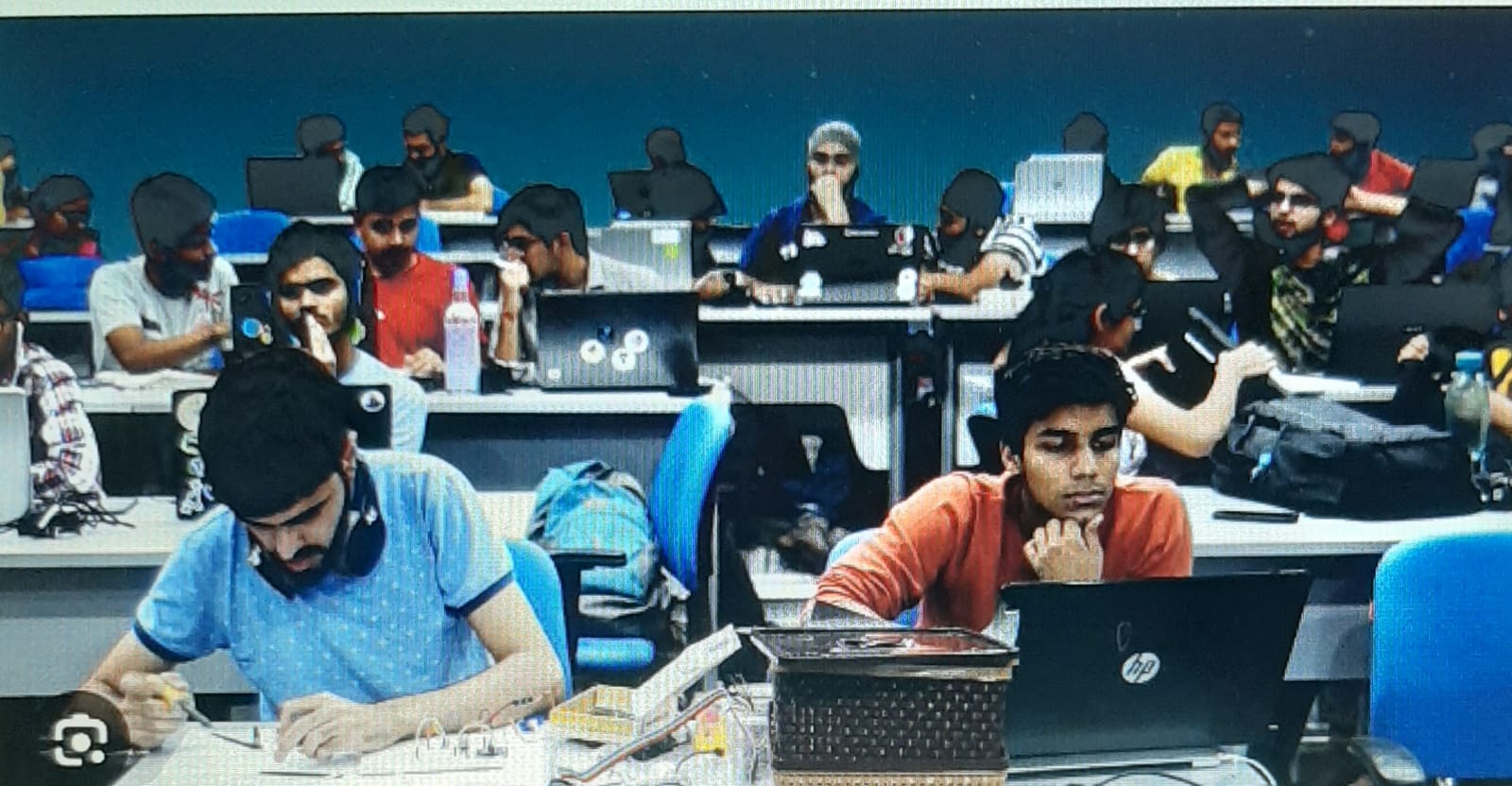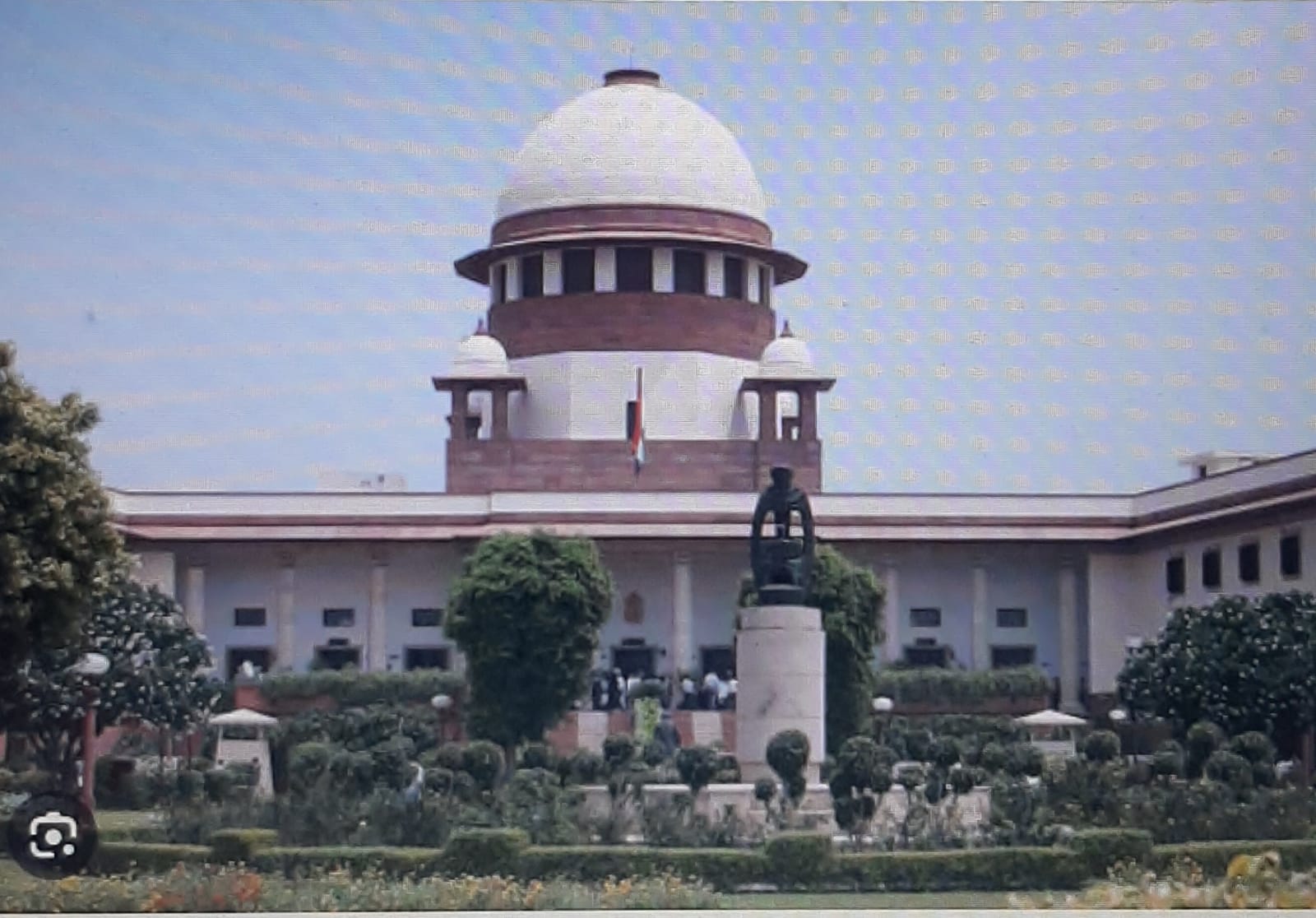
If the democratic governance in India has to be effective it is well past high time
that responsible citizens be involved in overseeing the working of public institutions in a systematic and formal way. The committees of Guardians would have to be statutory committees with clearly defined powers to inspect, and oversee as well as report to the legislature.
Dr HC Pande
In relative terms we have a noble constitution, competent bureaucracy and willing workers. And if we add to that a political system which can be made to listen then how do we explain,we are, where we are.
The reason, at least one of the reasons, is the lack of objective supervision and monitoring which has resulted in a major slack in the system making the governance belt slip much of the time. You would immediately counter and say that there is, an in-built feedback control system, in place and this cannot happen. But this does happen as the system it-self is the co-conspirator in the slack & slip game.
Let us consider the working of a government district hospital.. Off-hand one can safely state that many of the sanctioned posts would be vacant, much of the medical equipment would be inoperable, much of the furniture/building would be needing urgent repairs, and a noticeable number of officers/staff would not be in their places in time or even available during the duty hours. Now the question is that with the chain of command fully defined, and, in place, why is this situation being tolerated.
The answer is not simple as there are many aspects to it. One aspect, however, stands-out,and,that is, WHY CARE and WHO CARES, attitude pervading the system.
WHY CARE attitude rests on two reasons. One, the job security, and, the other human nature. For one, the negative aspect of job-security is the major cause. If nothing is going to happen to you, if you neglect your duties,(for you have job security) and explanation might be asked from you if you pull up your sub-ordinate for neglecting his duties,(for he has job security) then why bother at all to discharge the duties and invite trouble.For the other,the accepted fact,that while in service one tends to avoid unpleasantness of any kind,both with superiors as well as subordinates.Pointing out deficiencies and fixing accountability naturally upsets the subordinate but for some reason,may be egotistical,annoys the superior as well who considers it as a derogatory comment on the working of the department under his control.This is the reason why the checks and balances do not work,lapses are routinely overlooked,and,all enquiry reports,into however a serious incident,end in clean chits,exceptions apart.
May be there are possibilities to improve the situation from within the system ,however, here is one ‘out-of-the box’ suggestion.
It is said that ‘democracy does not work.Of course it does not work,you have to work it as Woollcott said. Now who is to work it? Responsible citizens of course!
For governance,Plato had conceived the idea of Guardians,a class of people capable of material self-denial,without gold or greed.Plato is dead so is Gandhi and this class of people is extinct except for their imagined glimpse or two like that of the Yeti,in the Himalayas.So the next best choice for the role of guardians are the people who have no vested interest in the scheme of things as such,that is,people outside the system or those retired from it.
Over the two millennia democracy has remained the same in theory but has under gone a sea-change in practice.The constitution is worshipped within the hallowed precincts of the Parliament but outside it is Realpolitik.As of now,any one who gets elected ,whether an individual or a political party,would flatly refuse to share power but would agree to have the governance monitored,if only to present an honest public face,or,under the pressure of the public opinion.The role of the guardians in the present day scenario,therefore,would be limited to that of monitoring only,a truncated role,but,a role all the same.
If the democratic governance in India has to be effective it is well past high time
that responsible citizens be involved in overseeing the working of public institutions in a systematic and formal way. The committees of Guardians would have to be statutory committees with clearly defined powers to inspect, and oversee as well as report to the legislature.
There is no dearth of public spirited citizens,retired officials and officers willing to associate in objective monitoring and supervision work,provided that they are formally appointed to such statutory committees.It is essential that the committee members work in honorary capacity (sense of honor and pride,in Plato’s words),and,are not given any remuneration (Plato again,no gold or greed),and no serving official be associated with the committee,other than for secretarial assistance.This arrangement would ensure objective reporting and crisp recommendations for clear action.
All the hullabaloo about corruption apart,there are any number of our countrymen of integrity and character, in service or out of service,who would willingly participate in any arrangement which makes the democratic governance stronger and more effective.
(Dr H C Pande is Vice Chancellor Emeritus, BITS, Mesra)


